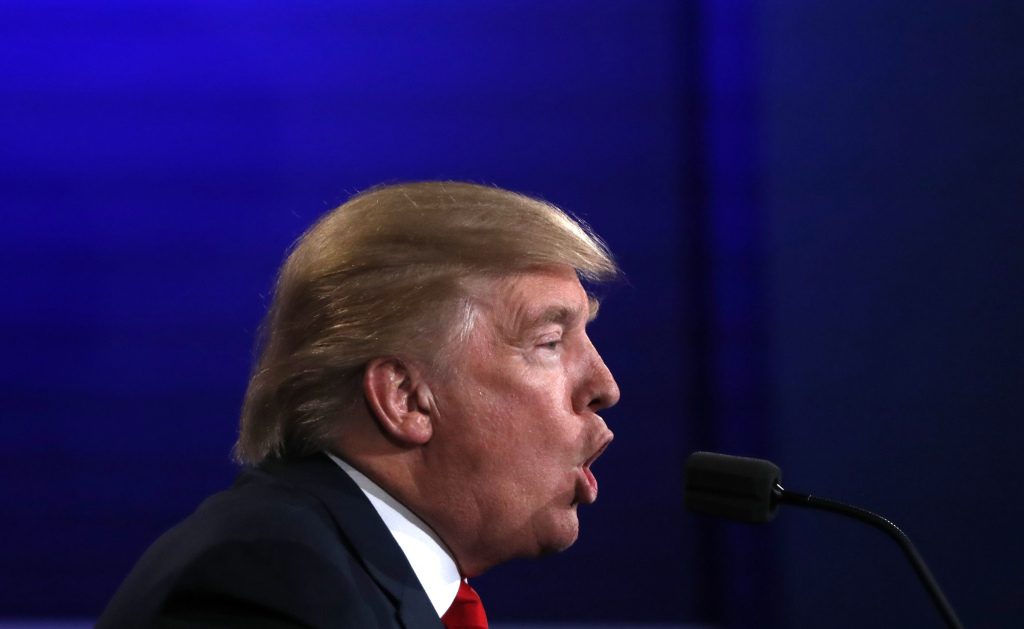Through the endless waves of scandals, soundbites and all-around misery-inducing headlines caused by the “is this over yet?” 2016 U.S. presidential election, there is still the matter of policy.
And like so many questions tossed on the mountain of concerns of a potential victory for Republican candidate Donald Trump, economic reality is becoming tough to ignore.
Boston University’s Questrom School of Business professor and former Federal Bank examiner Mark T. Williams is among many in the hesitant camp, citing the improbable logistics of Trump’s proposed economic plan. In a guest post with Business Insider, Williams plainly states, “ There is good reason few economists have endorsed Trump’s economic plan.”
“Trump claims his ‘America First’ plan will grow the U.S. economy over the next decade by a whopping 3.5 to 4 percent, generating 25 million new jobs,” he writes. “For perspective, the 1980s much lionized Reagan-era only generated 16 million. If Trump can deliver, who wouldn’t want this economic utopia? Unfortunately, his policy is not grounded in reality.”
To call Williams just skeptical of Trump’s proposed idea would be a disservice. The entire piece acts as a commanding dissection of every angle of the potential policies, from muting global trade, lowering corporate tax rates, trickle-down economics, eliminating financial regulations and even Trump’s much talked-about immigration policies.
“Further, Trump claims that restricting immigration will create economic prosperity. But history has proven this will have the opposite effect,” he writes.
“Immigration helps increase the labor pool of skilled and unskilled workers. More people working, paying taxes, buying homes, and starting new businesses lifts U.S. economic growth. Due to existing demographics, greater restrictions on immigration would only exacerbate the current labor shortage and hobble further economic growth.”
Williams, the author of Uncontrolled Risk: The Lessons of Lehman Brothers and How Systemic Risk Can Still Bring Down the World Financial System, cements his argument with a simple, “It ignores history, uses failed policy, promises what is impossible and, if implemented, would cause significant harm to an ever strengthening U.S. economy.”
